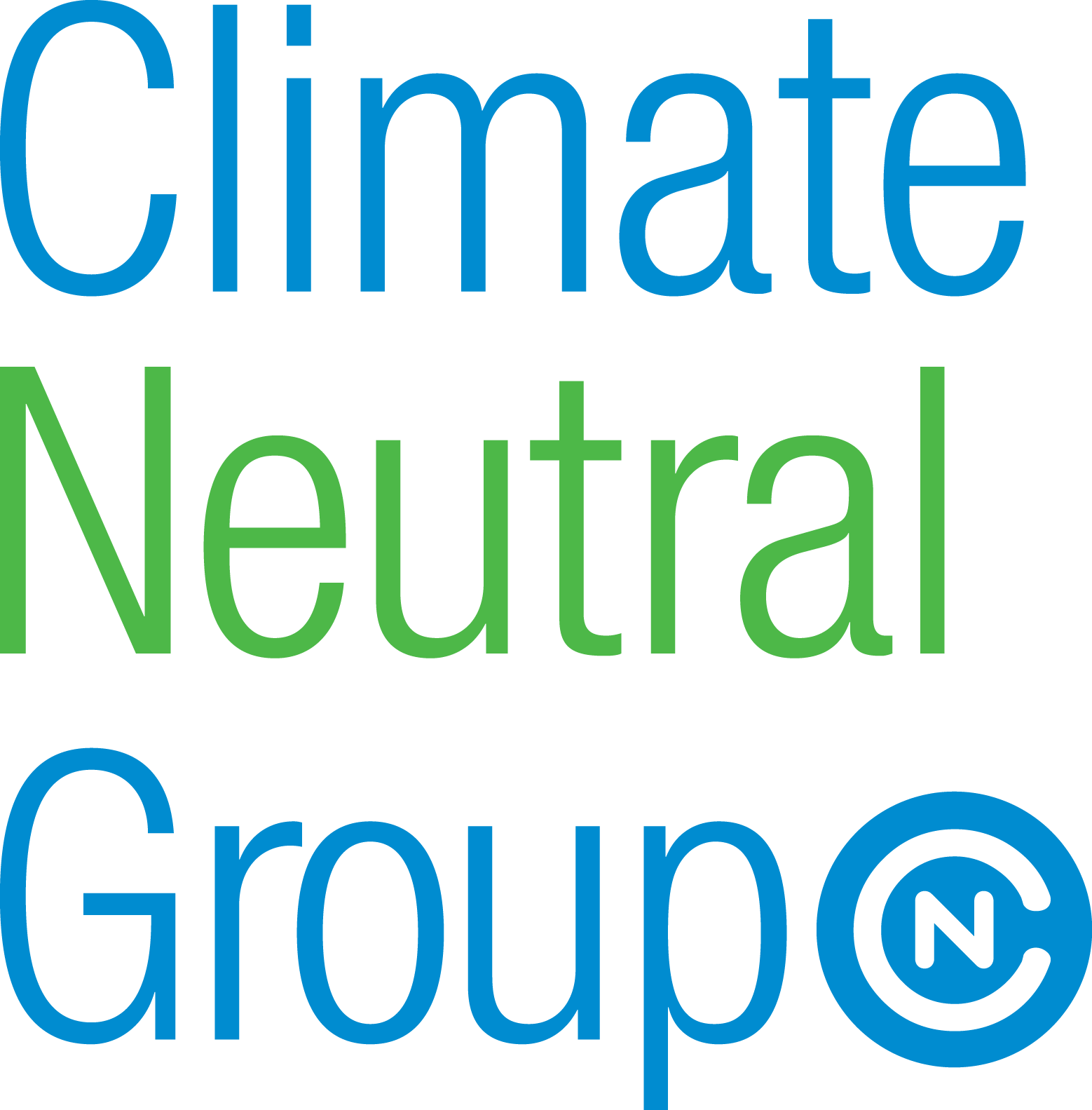
Sustainable travel: Uniglobe Travel starts partnership with Climate Neutral Group
 Sustainable Business Travel
Sustainable Business Travel
Sustainable business travel has been a topic of conversation in our society for years as well as for many companies. Uniglobe Travel is aware of this and has therefore started a partnership with Climate Neutral Group. Our goal is on the one hand to create sustainable awareness among our customers and to offer them the opportunity to actually compensate for their CO2 emissions.
If you book a flight via Uniglobe, we will calculate what your CO2 emissions are. We do this by linking your flight data to the renewed CNG Flight Carbon Calculater, which makes your CO2 emissions even more accurately calculated and, if you wish, directly compensated. Our extensive CO2 report allows you to make conscious but above all sustainable choices when drawing up your travel policy.
Certified compensation
Uniglobe Travel consolidates the CO2 emissions of the flights as standard for all its customers through a CNG certified forest project. It's so easy because then you don't have to make an agreement with CNG yourself. The project contributes to Sustainable Development Goals of the United Nations and is certified to the highest possible international, verified standards. If companies decide to compensate for their CO2 emissions via Uniglobe, they will receive a CNG certificate annually.
FAQ
What is climate neutral flying?
Climate-neutral flying is to compensate for the harmful emissions of all greenhouse gas caused by flights, by investing in sustainable energy projects. With GreenSeat from Climate Neutral Group (CNG), all greenhouse gas emissions, including CO₂, are automatically calculated for every flight booking you make. The costs for settlement are then stated on the passenger invoice by default. This money is then invested in sustainable energy projects that also make a positive contribution to local people in developing countries in terms of employment, education and better living conditions.
How much does it cost to offset the emissions from their air travel?
CNG will consult you to gain insight into the historical trips and the estimated CO₂ compensation/ year. You decide on a minimum and a maximum CO₂ compensation that is purchased, and at what rate. While for most organizations it is between 1% and 3% of the ticket price, these compensation costs may also depend on the number of kilometers flown and ticket price. You then choose a project managed by CNG to contribute your money to. Examples of available projects can be found on the CNG website.
What does Gold Standard mean?
Gold Standard is a quality standard for compensating projects that meet the strictest criteria. The label was founded in 2003 by a group of international non-governmental organisations (NGOs), including the World Wildlife Fund. The Gold Standard quality mark is currently managed by an independent party, the Gold Standard Foundation. Projects certified with the Gold Standard quality mark always produce clean energy, usually in developing countries. This energy is generated with solar panels, hydropower, wind turbines, geothermal energy or biomass. These are renewable energy projects in regions where in most cases no electricity or gas would be available at all. In addition to producing clean energy, contributing to sustainable development is an important condition. It is crucial that the local population benefits from the project, for example that it creates jobs. The Gold Standard is also the standard that the Dutch government uses to neutralize the climate effect of all air travel by government officials.
How does CNG guarantee the quality of its projects?
The CNG projects are monitored by independent organisations. CNG only has VCS and Gold Standard projects that meet strict criteria and are always audited externally. The amount of CO₂ reduction of each project is monitored by independent certification organisations such as SGS or TÜV.
Isn't compensation seen as "negative"?
No, it is considered very normal by the government and large organizations. If you make an effort to actively work on reducing CO their emissions in addition to compensating, then compensating is positive. After all, you have taken full responsibility for your climate impact. By compensatory through the CNG projects you fly climate neutral (or CO₂ neutral) and help the local population at the project location: living conditions and health improve structurally and opportunities for a better economic life as income increases and there is more time and money for training.
How can I travel greener?
Of course, greener travel is more than just offsetting emissions. If you really want to travel green, the choice of a greener means of transport is also important. If you have options, for example the choice between the plane or the train, then you can choose the transport that causes the least emissions. When it comes to flying, one can emit less CO₂ by opting for a direct connection. Perhaps there is a lot of climate gains to be made on business and commuting by road. What type of transport you choose, they almost always emit CO₂. It is therefore still important to compensate for the rest of the CO₂ emissions.

